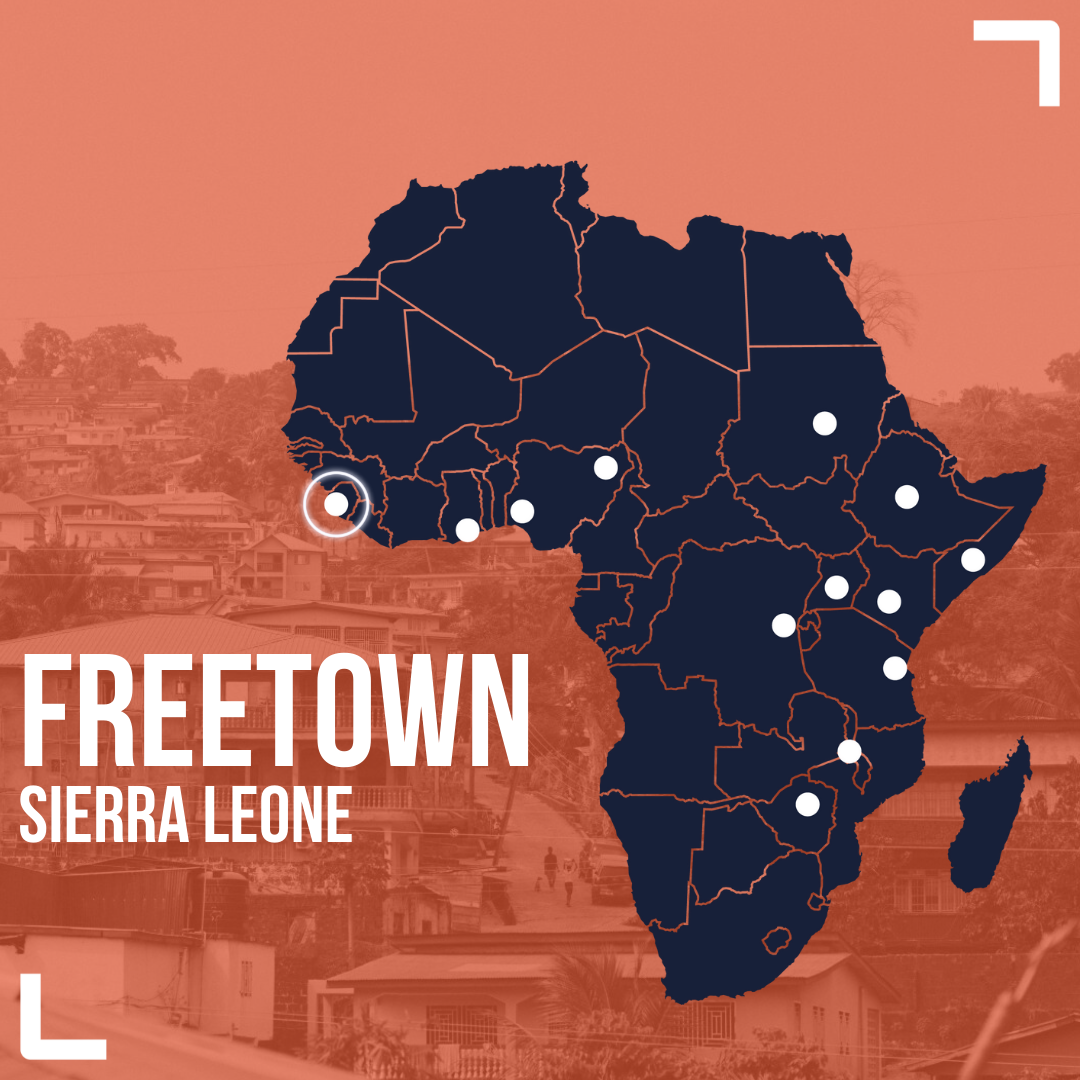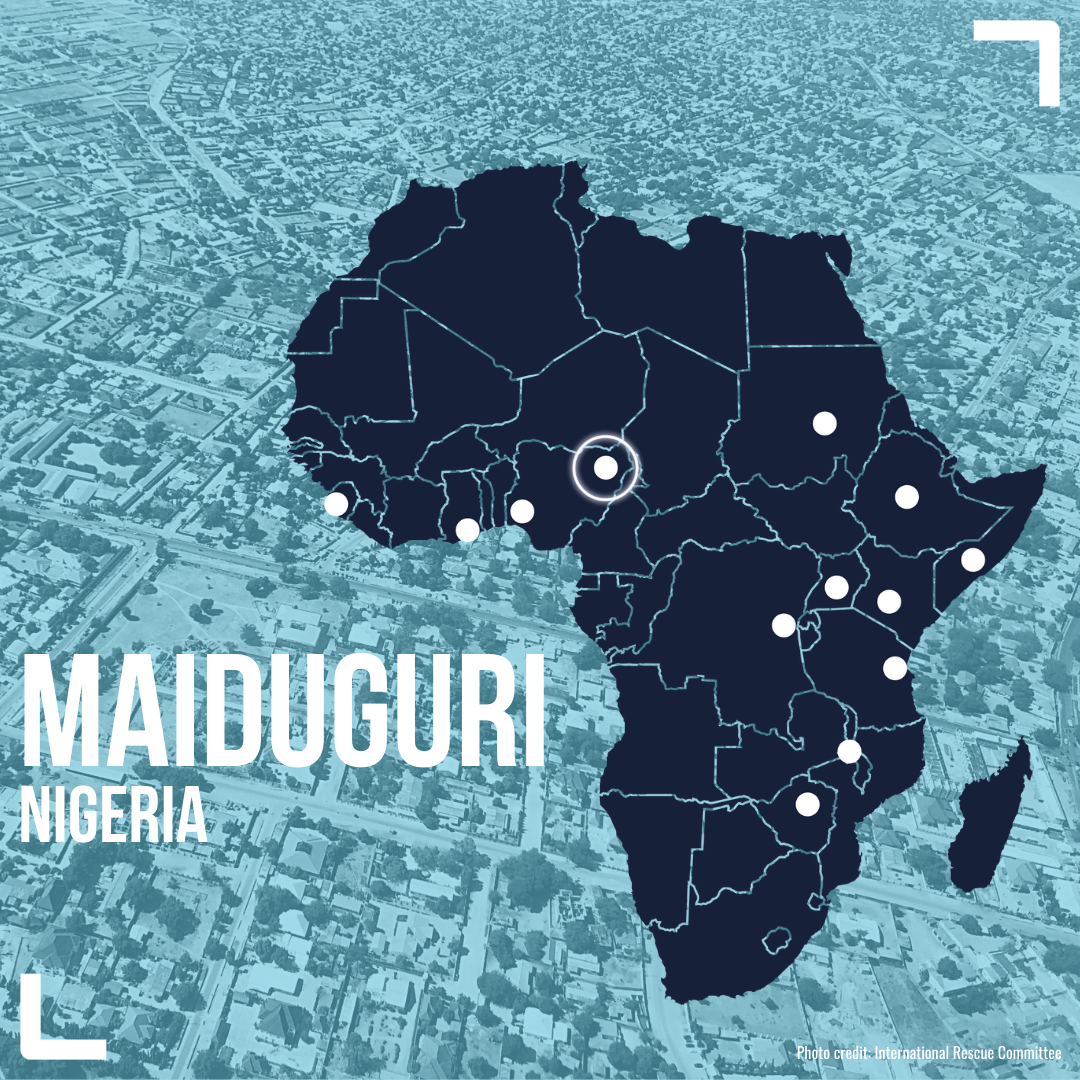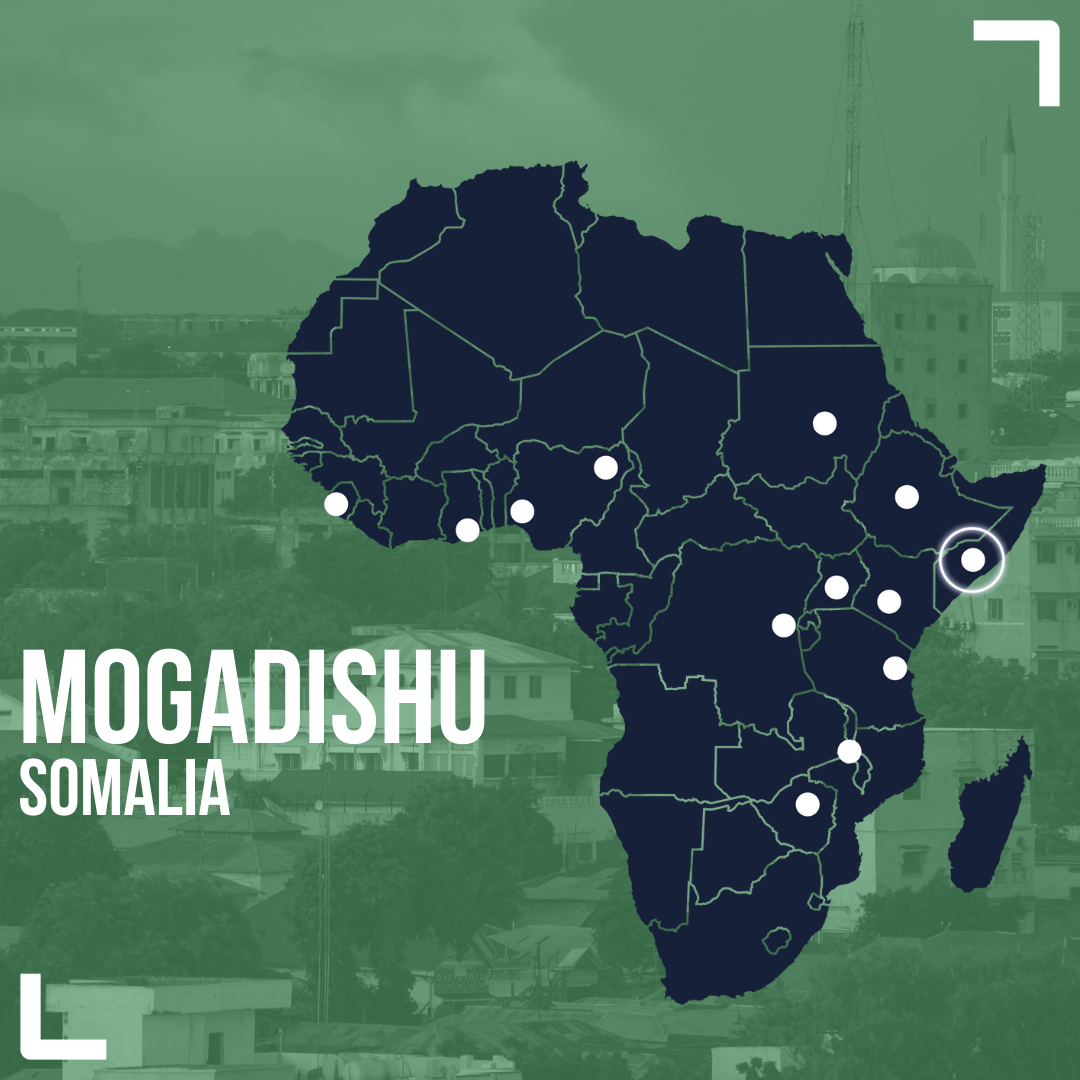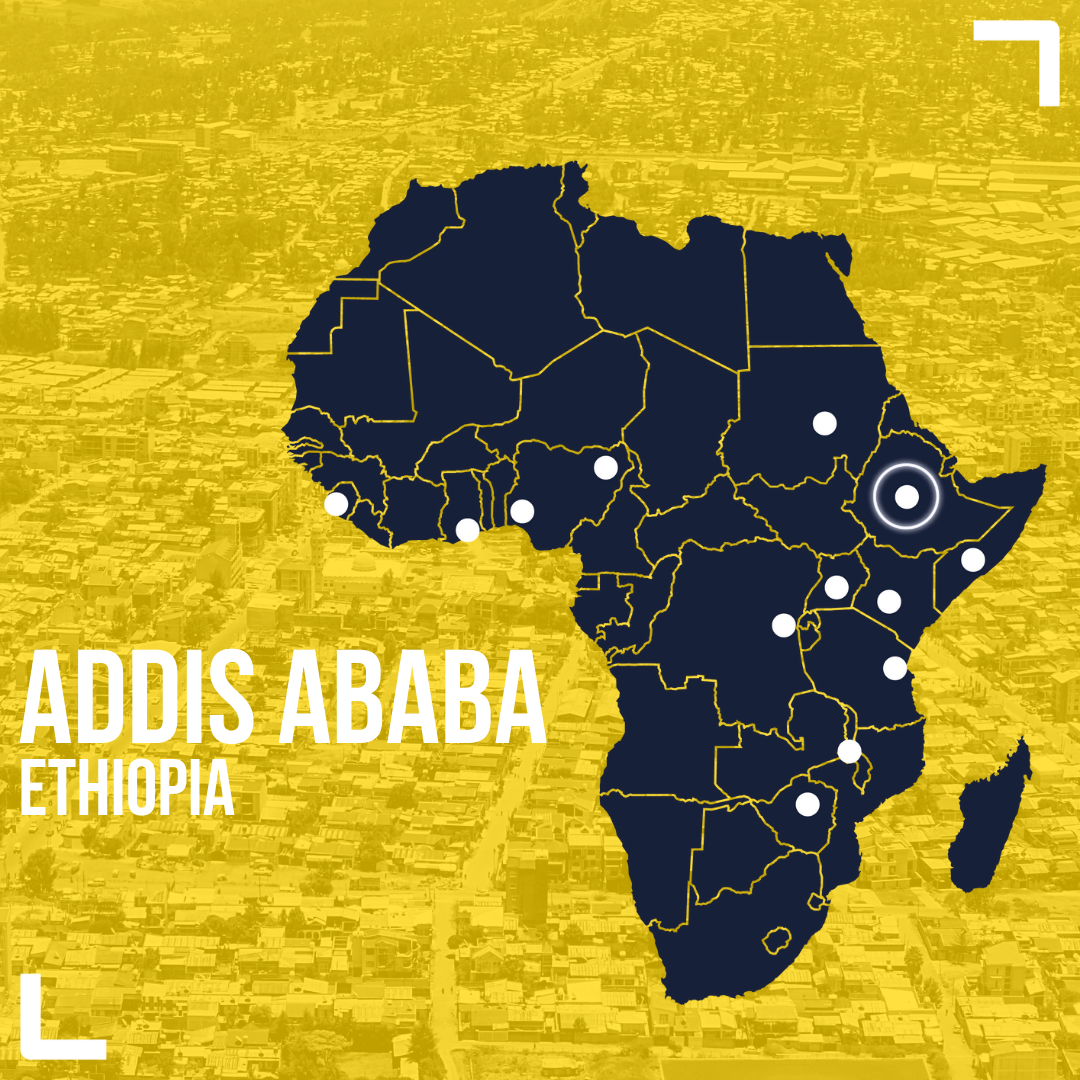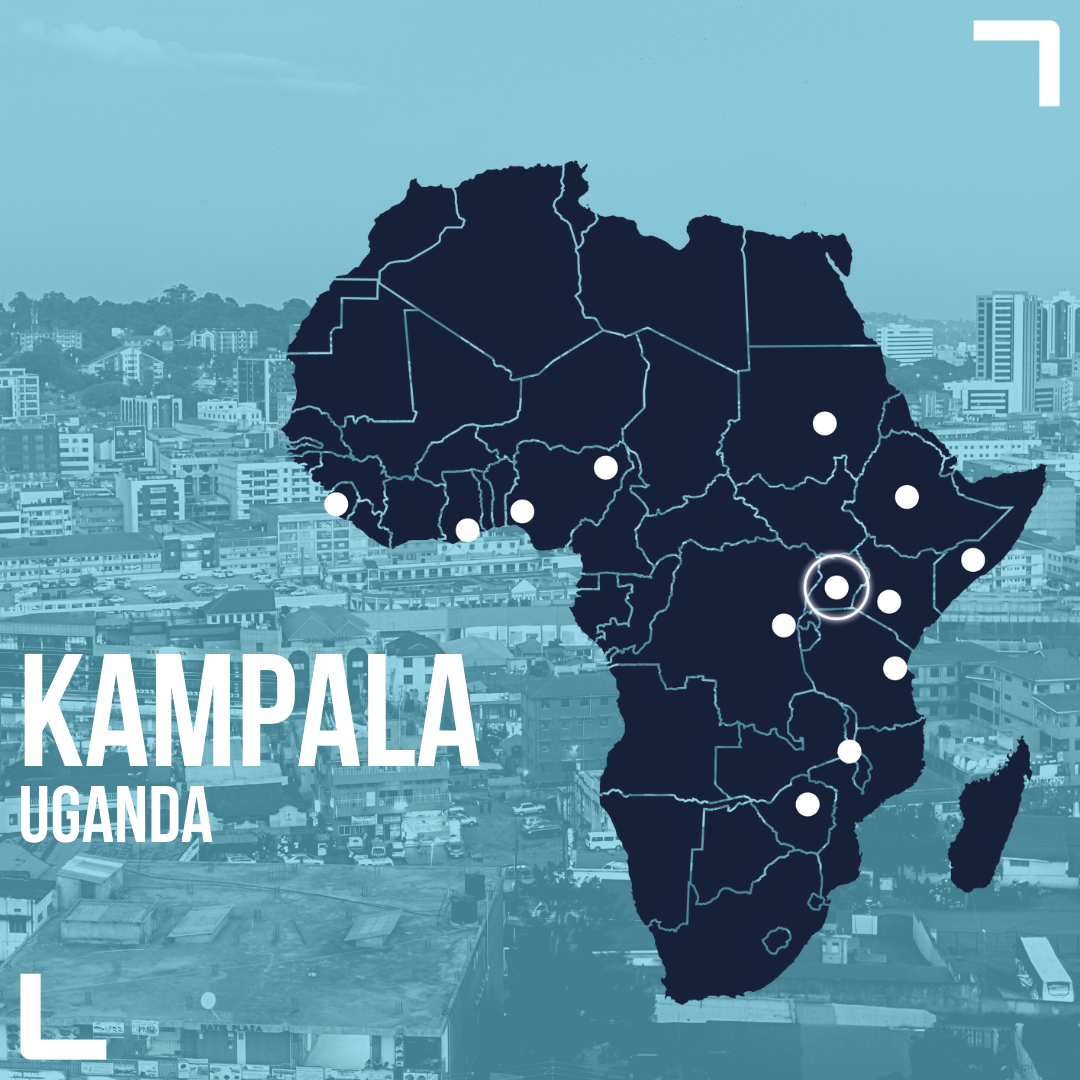Youth and capability development
Africa has the youngest population in the world, with children and young people constituting a significant proportion of the vulnerable segments of the urban population. Young urban citizens face several economic and political challenges in their transition to adulthood, which disproportionately push them to be unemployed, underemployed, informally employed, and to work in hazardous conditions.
These challenges are particularly severe in big cities, where inequality is high and young people are increasingly excluded from urban development interventions. In addition, young women face intersectional vulnerabilities based on their gender and age, exposing them to high levels of early pregnancy, gender-based violence and physical and economic insecurity.
Capability development and improving access to quality educational institutions is critical for young people to be able to make better choices and expand their access to productive employment opportunities – which is in turn vital for African cities to secure broad-based poverty reduction and prosperity. ACRC will explore the key city systems underpinning youth and capability development – including formal and informal education systems, financial services and systems, and spaces to protect children and young people – along with the political landscape that needs to be navigated in order to better connect these systems.
Header photo credit: Tim Kelsall
LATEST NEWS from ACRC
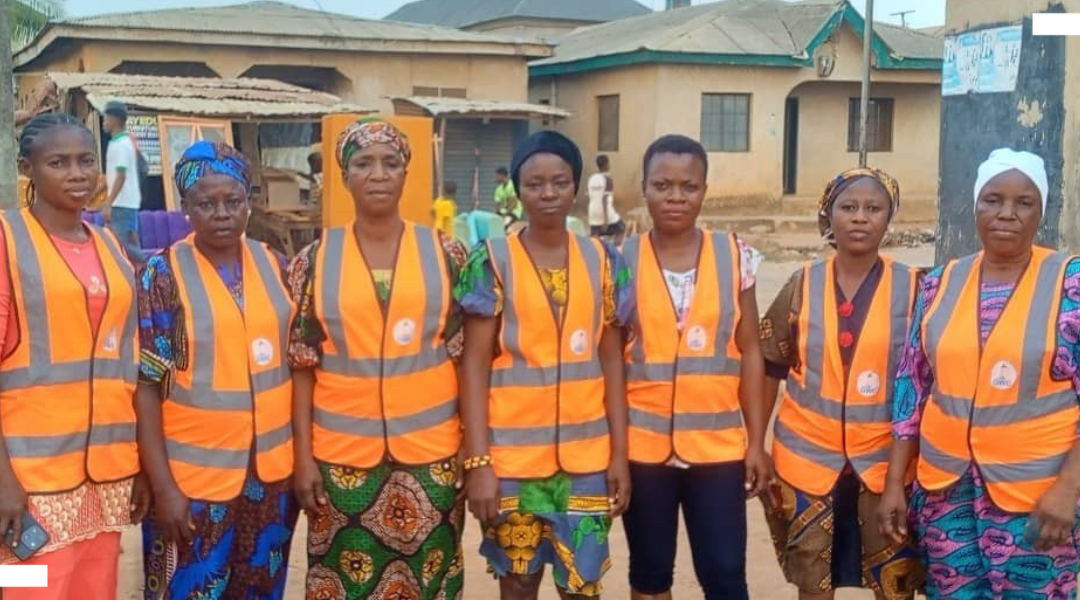
Transforming informal settlements in Lagos through community-driven WASH innovation: The Okerube project
The “Informal Settlements as Spaces of Transformative Agency” project focuses on the Okerube community in Lagos to challenge dominant narratives and demonstrate how bottom-up, community-led governance models can deliver sustainable and inclusive water, sanitation and hygiene (WASH) solutions in informal urban settlements.

Creating the conditions for change in Mathare informal settlement, Nairobi
SDI Kenya, through ACRC, is aiming to co-develop solutions with Mathare community members, by devising a holistic waste management system in the area.

How does action research build community and state capabilities?
This is the fourth in a series of blog posts focusing on how urban reform happens, and where ACRC fits into change processes. This post takes a closer look at how ACRC is helping build community capabilities to address urban challenges.

